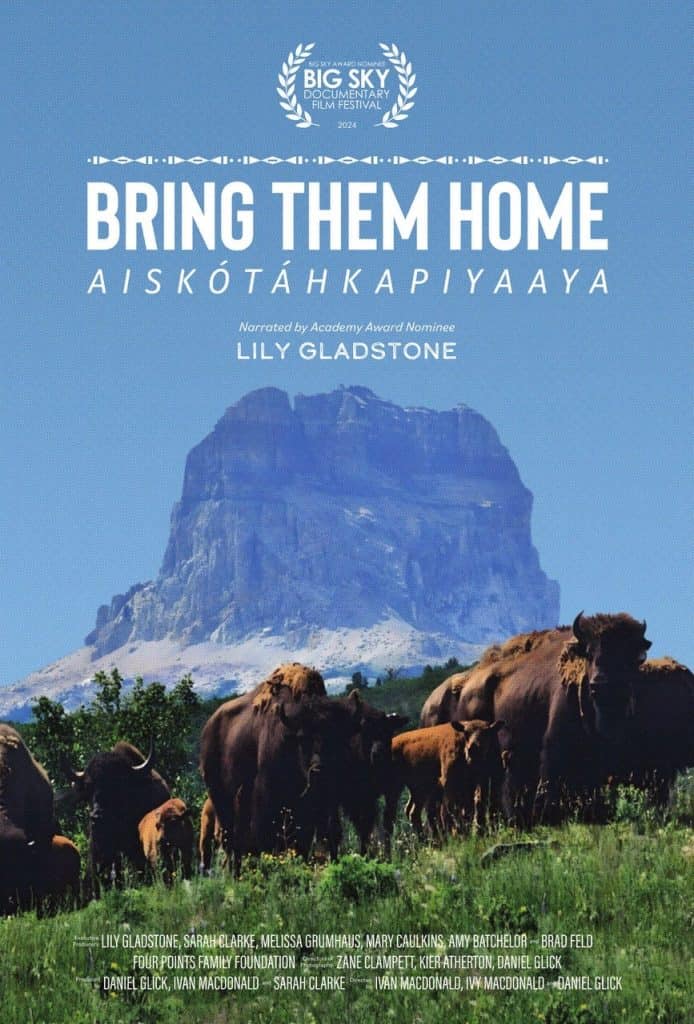
Bring Them Home examines the deeply meaningful role that buffalo played in Blackfeet life prior to the arrival of settlers who nearly eradicated wild buffalo in an effort to eradicate the Blackfeet people. For Blackfeet, the buffalo are not only seen as fundamental to a healthy ecosystem, but as spiritual relatives. Their removal from the land meant the loss of the Blackfeet way of life, the trauma of which still reverberates today.

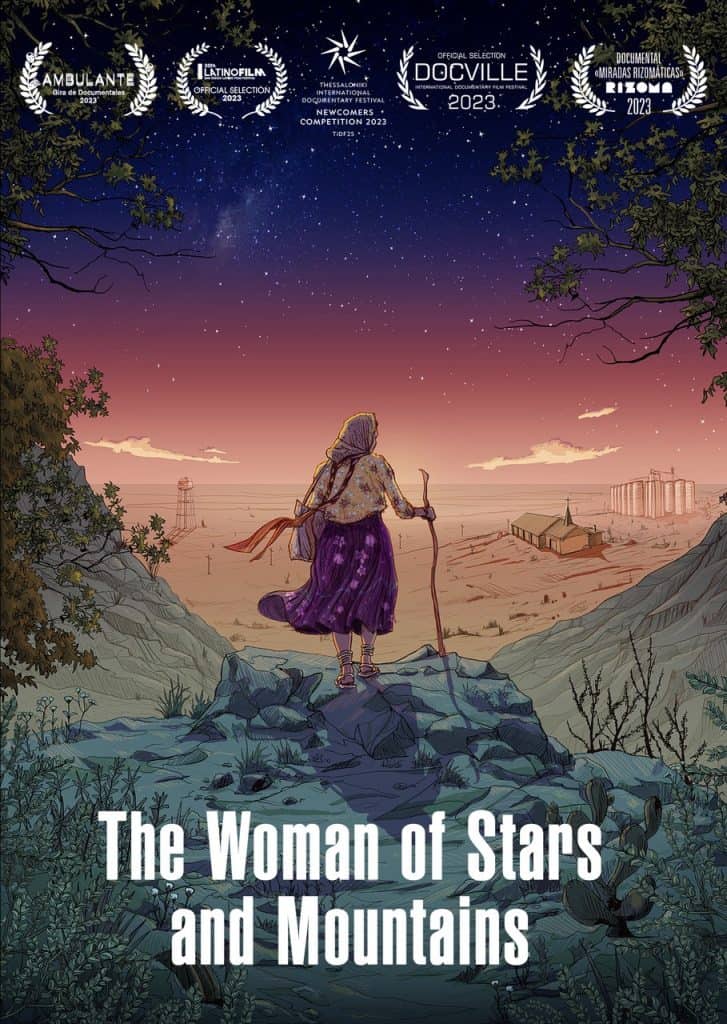
Rita, an indigenous woman from Mexico, left her Tarahumara mountain community in northern Mexico and embarked on a journey to Kansas. There, she was involuntarily detained and confined in a psychiatric hospital for 12 years because the hospital authorities could not ascertain her identity, origins, or the language she spoke. Upon the discovery of the truth, Rita returned to her community and her niece, Juanita, who cared for her. The Woman of Stars and Mountains presents a moving portrait of Rita and explores the multiple forms of racism and discrimination that indigenous women face.
Best Documentary – Ibero-Latin American Film Festival of Trieste, Italy Nominated, Golden Alexander Award – Thessaloniki Documentary Festival, Greece Best Int’l Documentary – DOCVILLE International Documentary Film Festival, Belgium
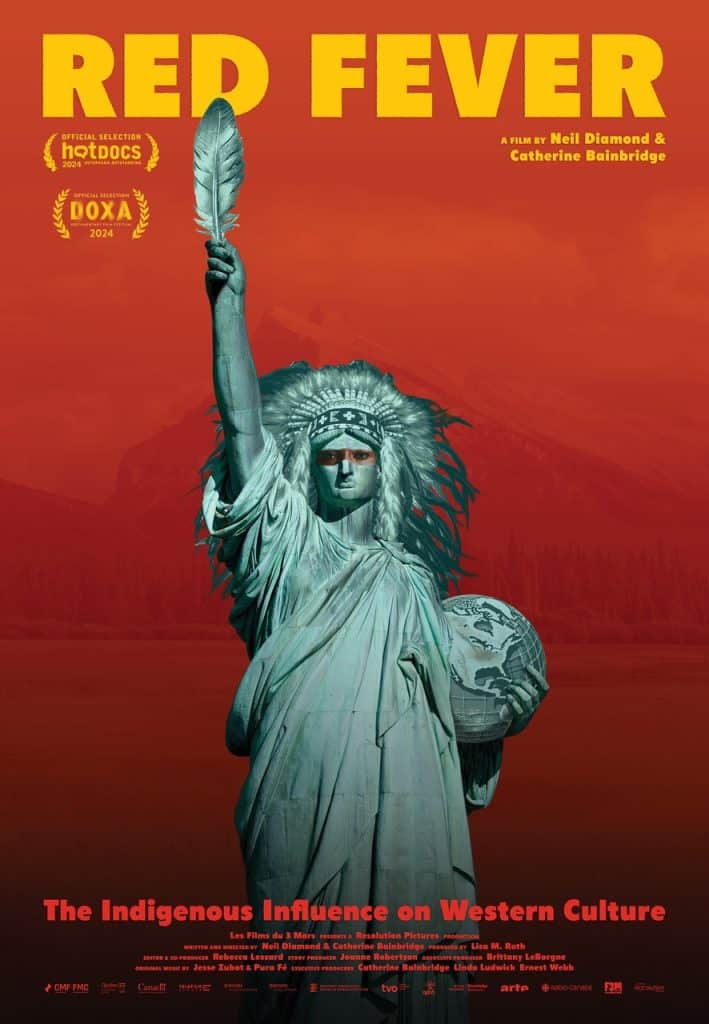
Red Fever is a witty and entertaining feature documentary about the profound — yet hidden — Indigenous influence on Western culture and identity. The film follows Cree co-director Neil Diamond as he asks, “Why do they love us so much?!” and sets out on a journey to find out why the world is so fascinated with the stereotypical imagery of Native people that is all over pop culture. Why have Indigenous cultures been revered, romanticized, and appropriated for so long, and to this day? Red Fever uncovers the surprising truths behind the imagery — so buried in history that even most Native people don’t know about them.
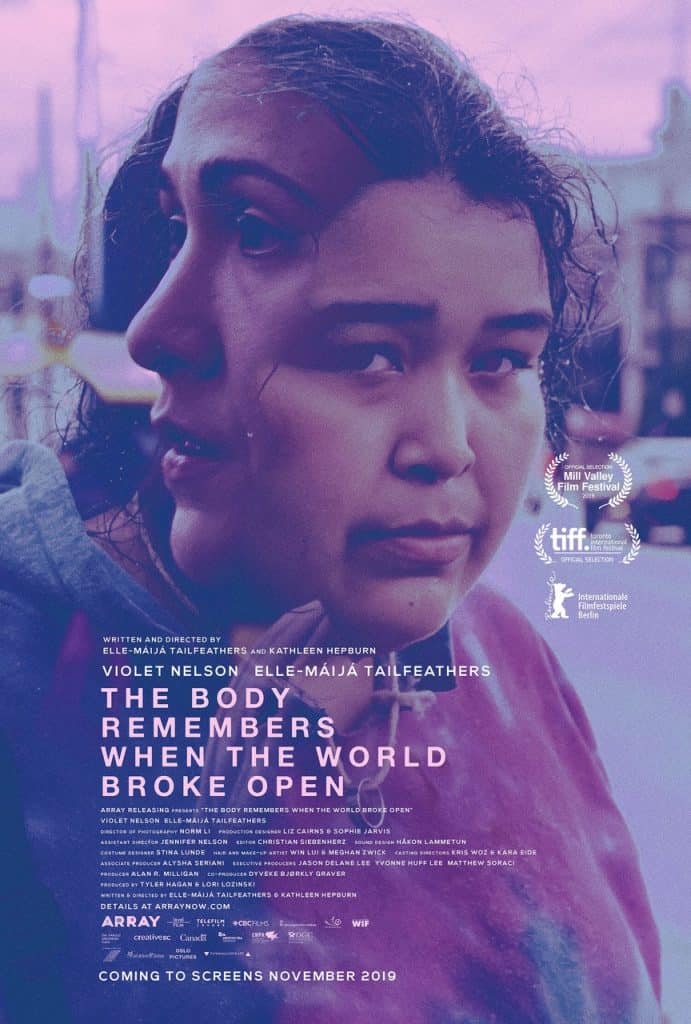
Written and directed by Elle-Máijá Tailfeathers (who also stars) and Kathleen Hepburn, the drama explores two Indigenous women living very different lives who are briefly brought together by desperate circumstances. The film debuted at the Berlin Film Festival in 2019 and made its North American premiere at the Toronto International Film Festival.
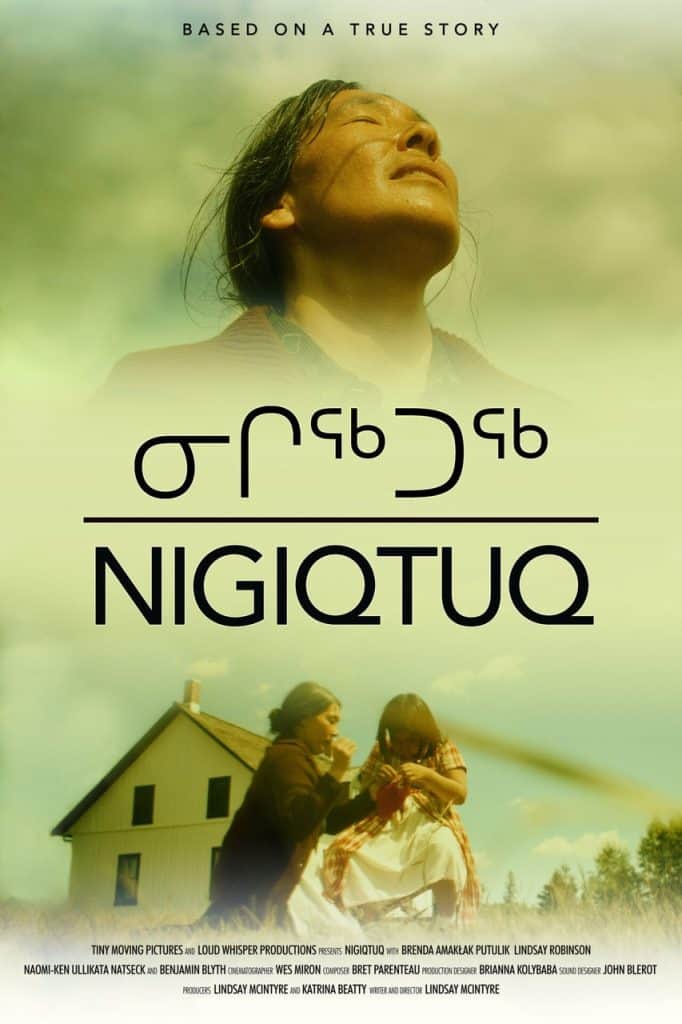
Based on a true story, an Inuk mother lives under the watchful eye of her RCMP officer husband, falling under pressure for her and her daughter to assimilate to their new life in the south in the 1930s, as they struggle amidst forced assimilation.
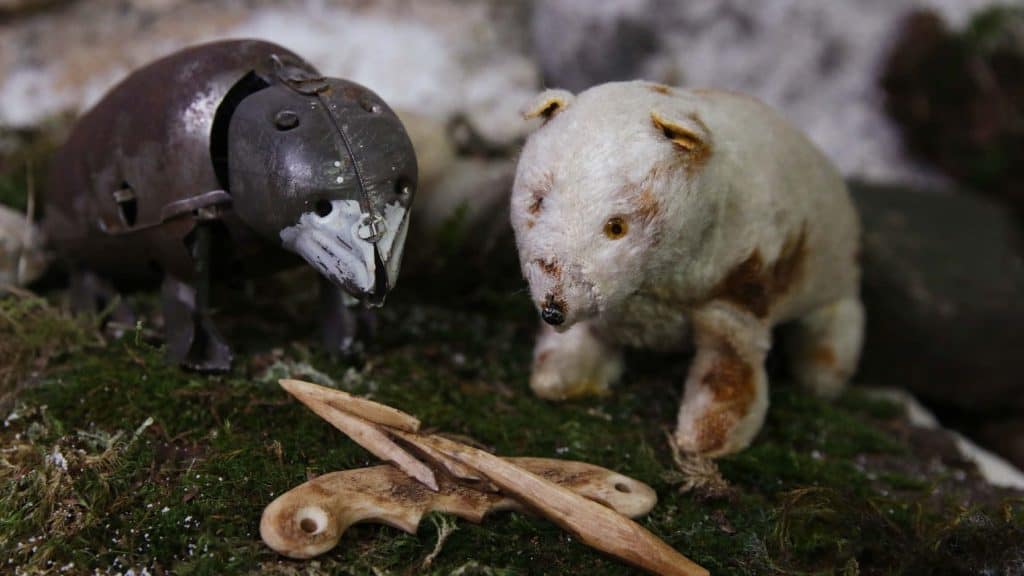
What does it mean to be Inuk? Historically depicted as welcoming and friendly people in remote snowy landscapes, in reality, Inuit live across the globe. Using antique wind-up bears, layered animation, and analogue techniques, McIntyre constructs an animated documentary in an exploration of identity and belonging by Inuit, both in and outside of community. Herself of mixed Inuk and settler heritage, McIntyre asks what it means to belong in a changing world when our ideas of Inuk-ness are so tied to particular representations.
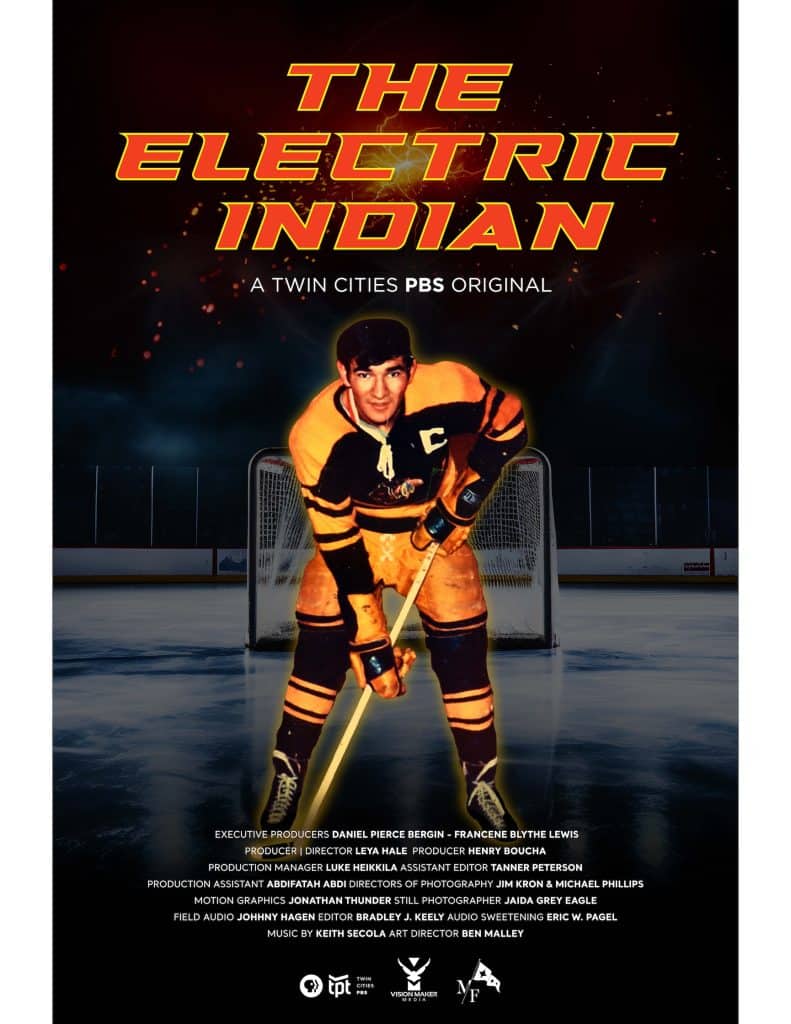

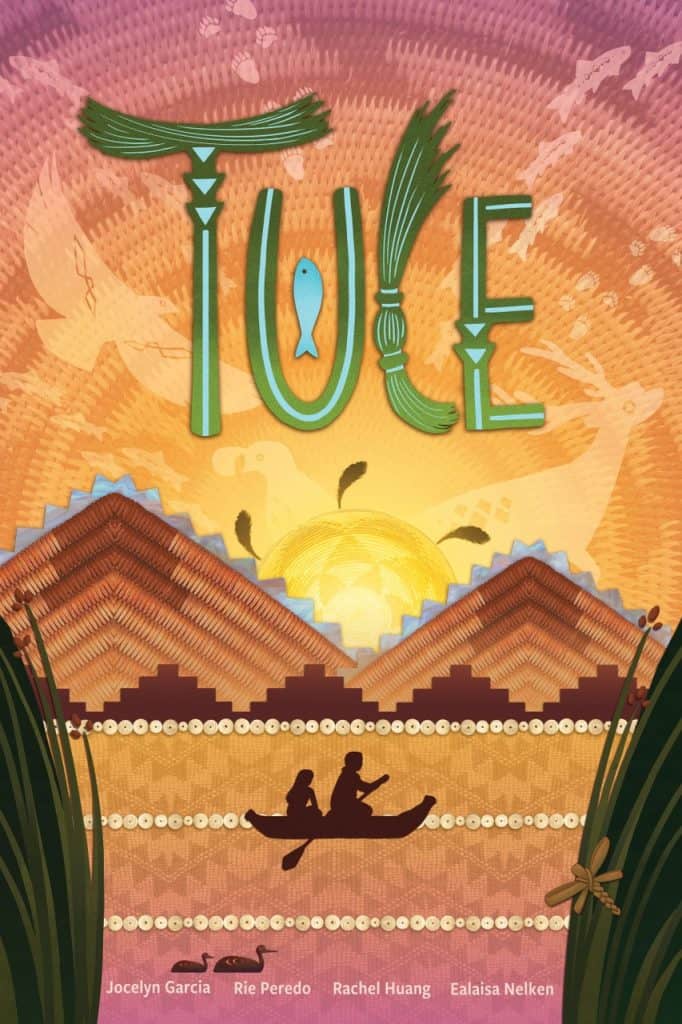
Tule is a poetic 2D animated mixed media short film championing awareness and hope. A young Pomo girl serves as the narrator of our project. Her poetic contemplations ring true with convictions shared by her Pomo community at Clear Lake, California. She revels in the local nature’s glory, but dread strikes when she faces today’s careless pollution damage that impedes cultural practices.
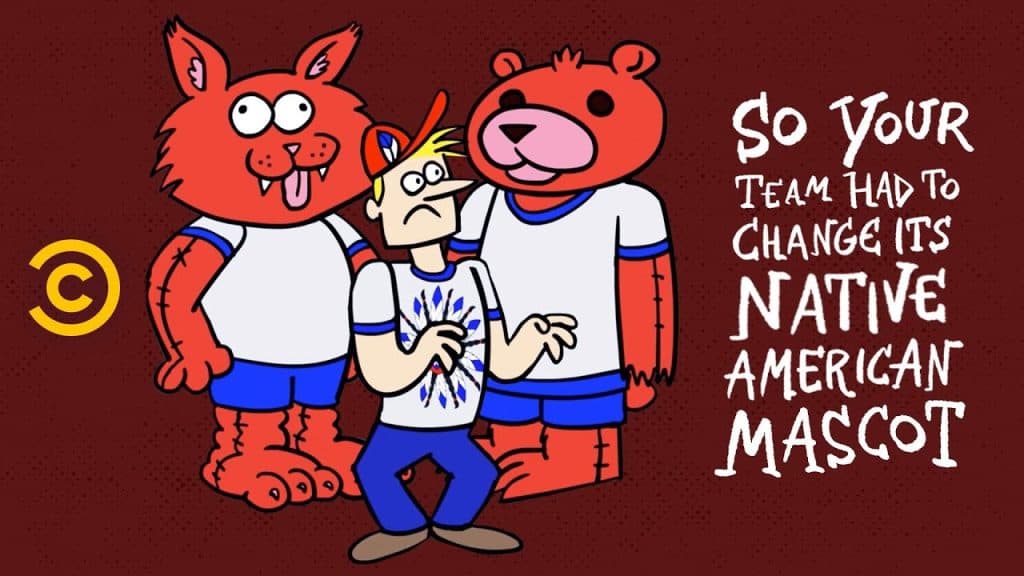
Joey Clift along with an all-native voice cast, offers cheeky solutions to fans who may miss performing the Tomahawk chop or wearing redface.
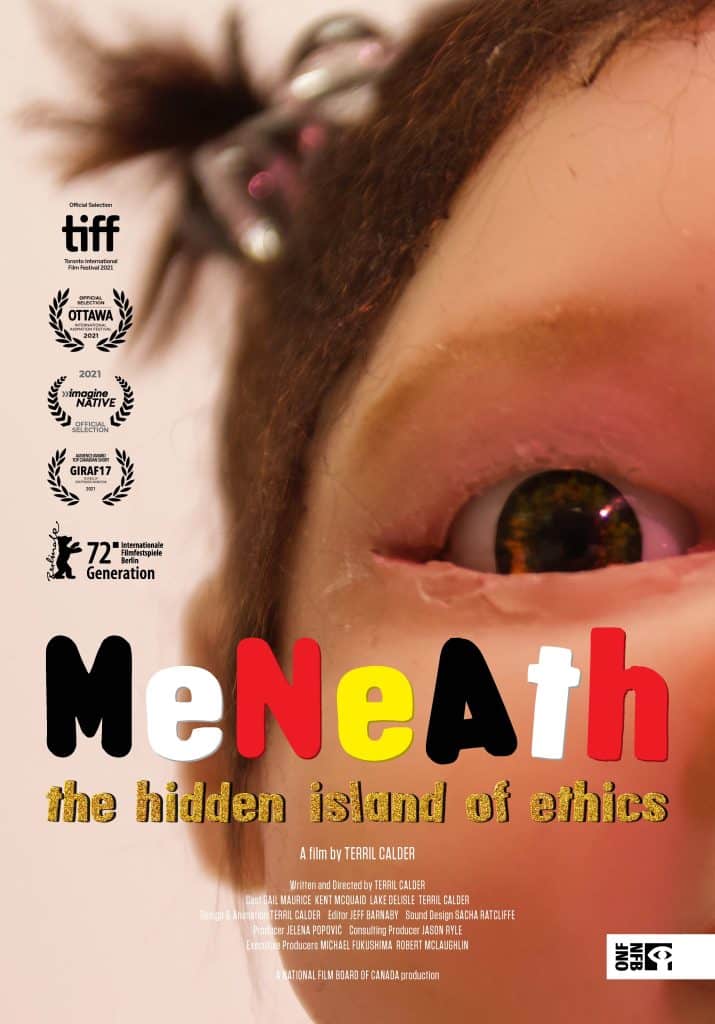
Meneath: The Hidden Island of Ethics dives deeply into the innate contrast between the Seven Deadly Sins (Lust, Gluttony, Greed, Sloth, Wrath, Pride and Envy) and the Seven Sacred Teachings (Love, Respect, Wisdom, Courage, Truth, Honesty and Humility), as embodied in the life of a precocious Métis baby. Brought to life by Terril Calder’s darkly beautiful stop-motion animation, Baby Girl’s inner turmoil is laid bare with unflinching honesty. Convinced she’s soiled and destined for Hell, Baby Girl receives Anishinaabe Teachings from Nokomis that fill her with strength and pride, and affirm a path towards healing. Calder’s tour-de-force unearths a hauntingly familiar yet hopeful world that illuminates the bias of colonial systems.
Awards, Toronto, Canada (2022) Audience Choice- Best Short Film Cinefest Sudbury, Canada (2022)Nomination – Best Animated Short Canadian Screen
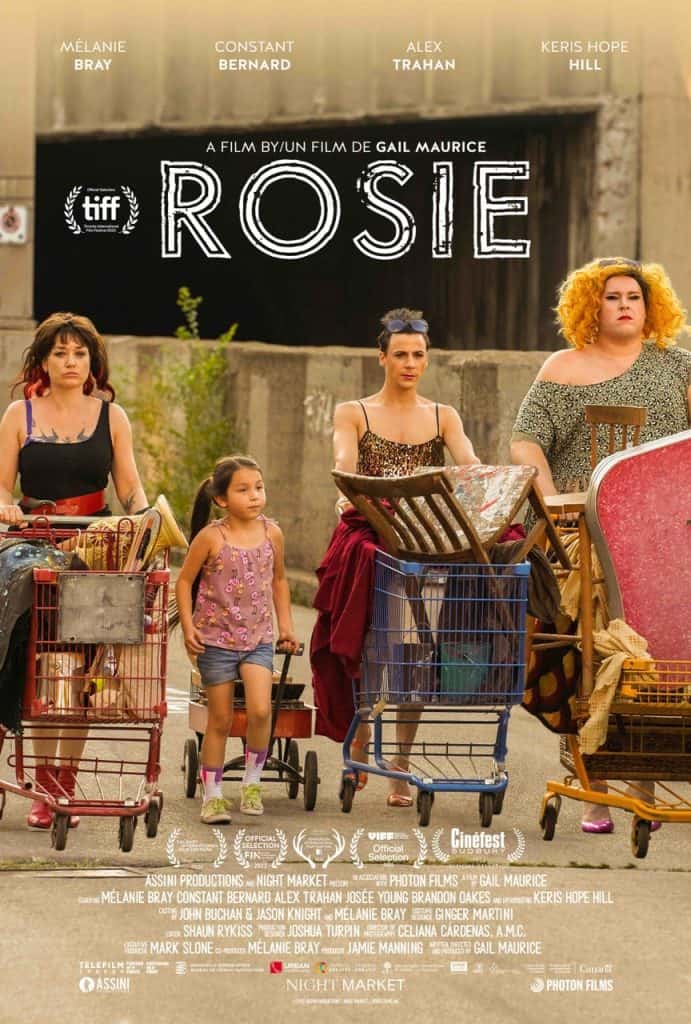
A film about family, love, and misfits, ROSIE tells the story of a young, orphaned, Indigenous girl who is forced to live with her reluctant, street-smart Aunty Fred (Frédérique). Rosie is thrust into the fringes of 1980’s Montréal into the care of Fred, who just lost her job, is on the verge of eviction, and who looks and sounds nothing like her. Fred, an artist who creates art from found and discarded objects or other peoples’ trash, introduces Rosie to her two best friends Flo and Mo, glamorous human beings who refuse to be confined by gender. In the end, Rosie transforms the lives of these colorful characters and finds love, acceptance, and a true home with her new chosen family of glittering outsiders.
● Toronto International Film Festival● imagineNATIVE Film and Media Arts Festival● Calgary International Film Festival● Queergestreift Festival● Vancouver International Film Festival● Indigenous peoples’ film festival Skábmagovat● Native Cinema Showcase● Rome Independent Film Festival● Les reflets du Cinéma Canadien● SXSW Sydney
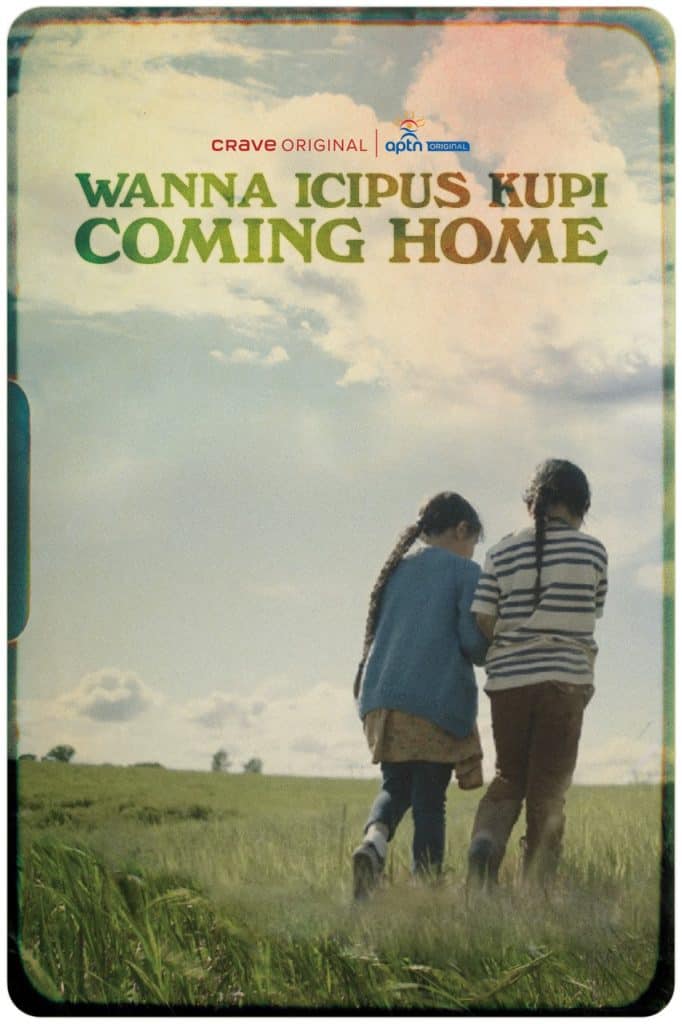
Coming Home (Wanna Icipus Kupi) reveals the impacts of the Sixties Scoop and explores Indigenous resilience through narrative sovereignty; as lived by the Little Bird series’ Indigenous creatives, cast, crew, and community members. The documentary delivers a hard-hitting reality check for viewers unfamiliar with the Sixties Scoop, providing insight into the policies that were created to separate Indigenous children from their heritage, and the systems that continue to dismantle Indigenous families today. Coming Home is the feature directorial debut from Cree/Ojibway filmmaker, Erica Daniels of Peguis First Nation.
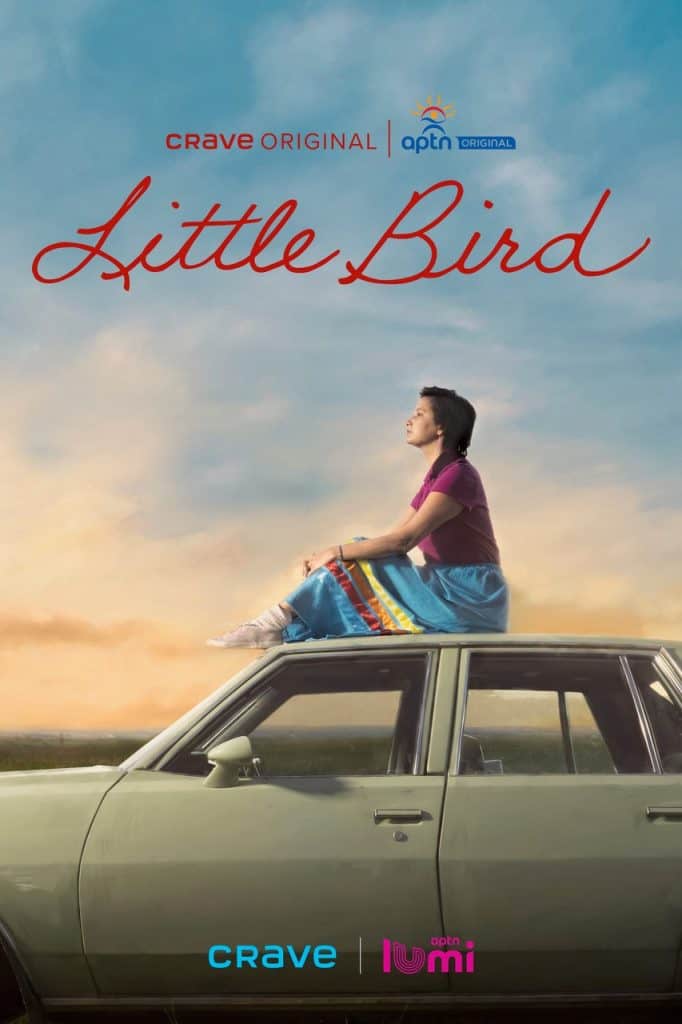
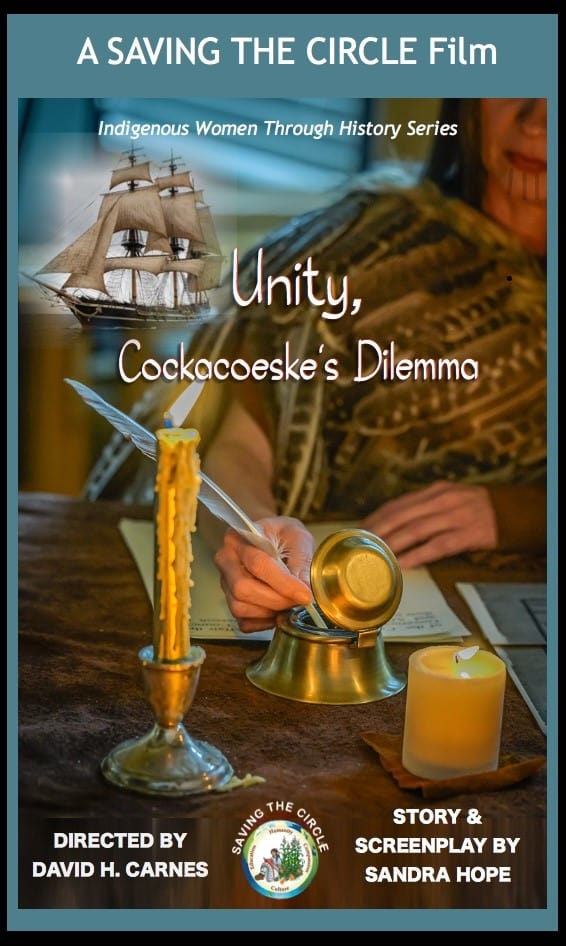
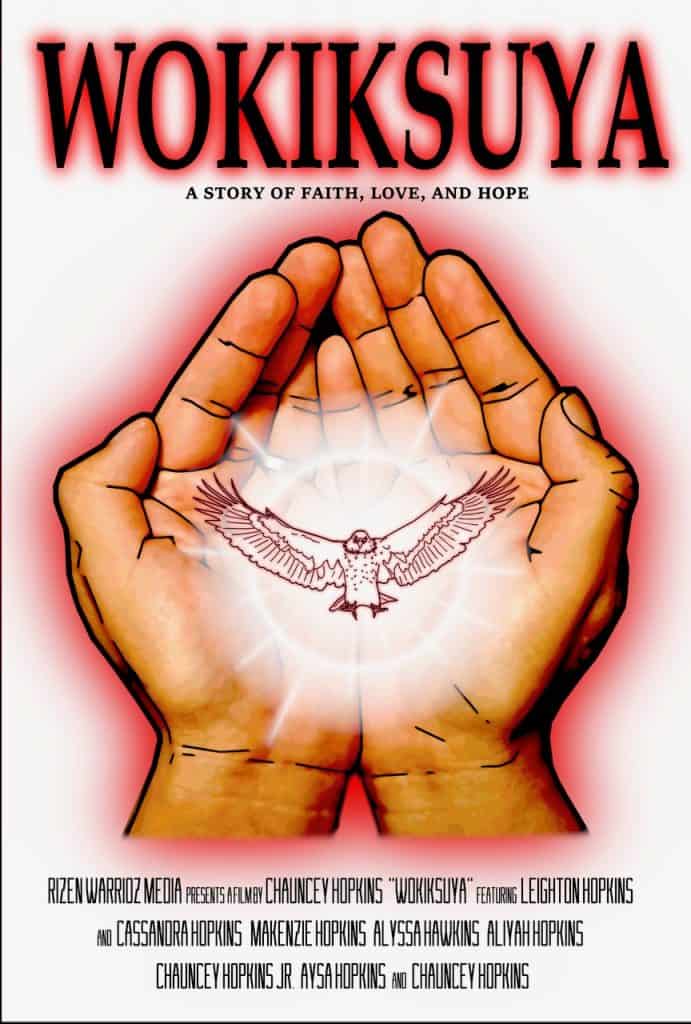
Amidst the sprawling landscape of the Three Affiliated reservations, the Hopkins family is shattered by the devastating loss of their newborn, Leighton. Born into a world already clouded by tragedy, Leighton’s brief life is marked by the profound strength of his heart, earning him the Dakota and Arikara name “Strong Heart Boy”. Drawing upon the memory of their loved ones, the Hopkins family embarks on a journey of healing and redemption. Through their shared sorrow, they discover a profound strength within themselves and their community, forging bonds that transcend even the deepest pain.
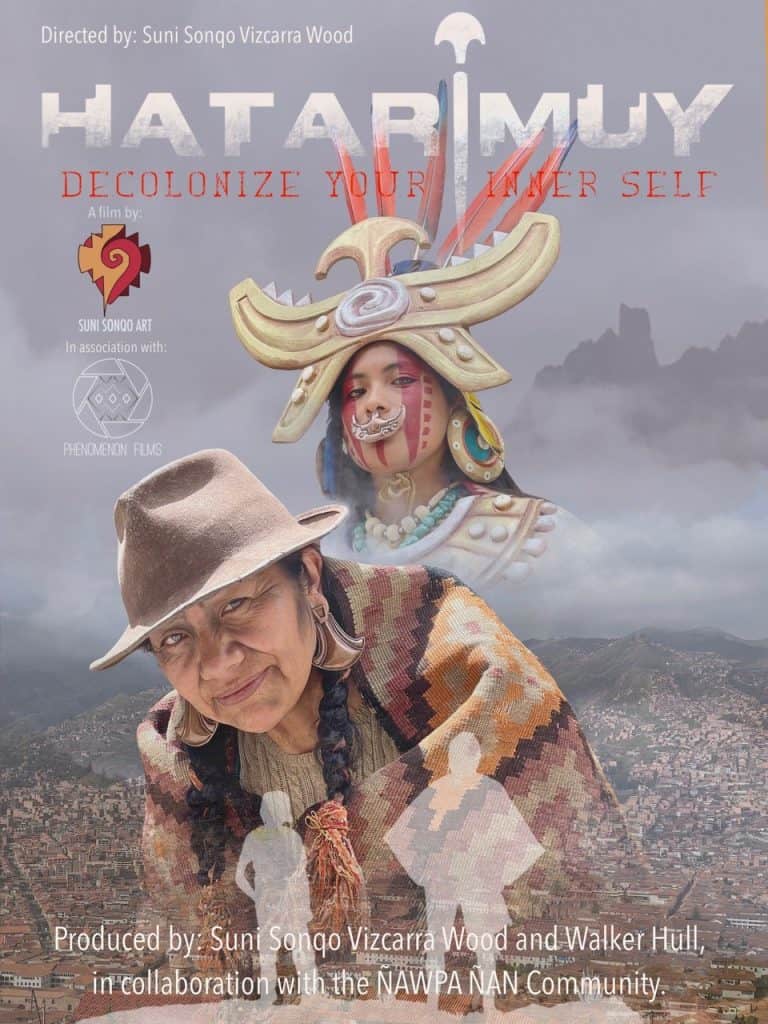
Hatarimuy (Rise up in Quechua): After being injured in the protests, a Quechua young man experiences a supernatural encounter, which leads him to question his history, revealing his true identity and decolonizing his inner self.
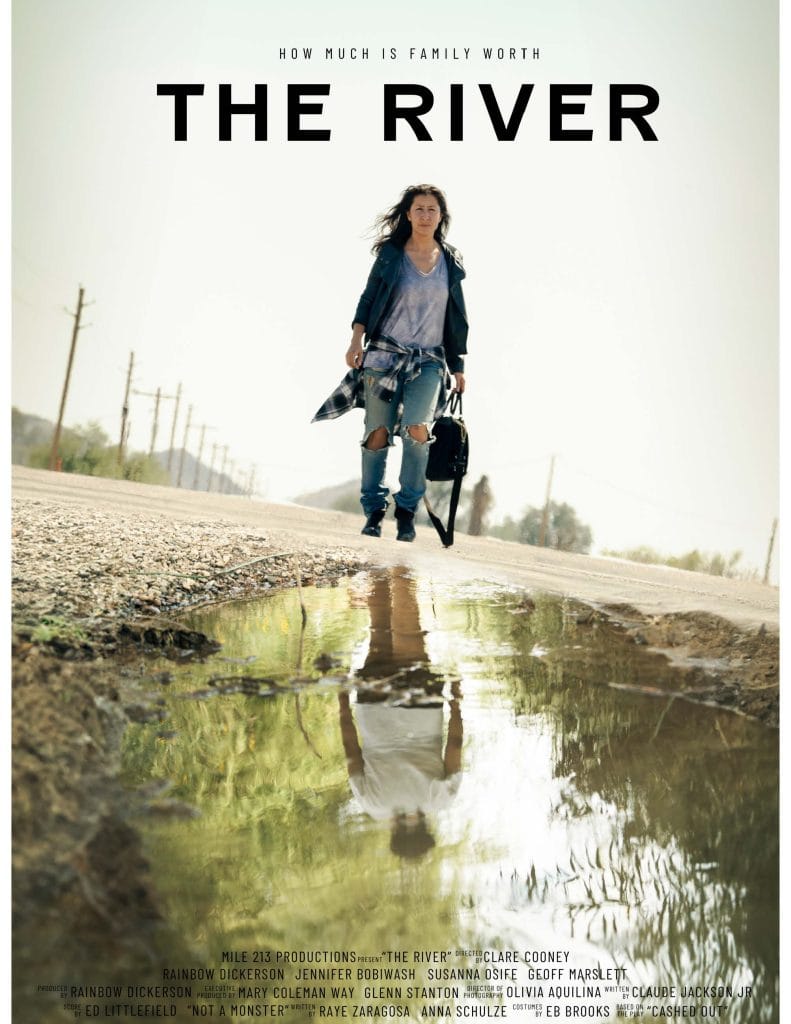
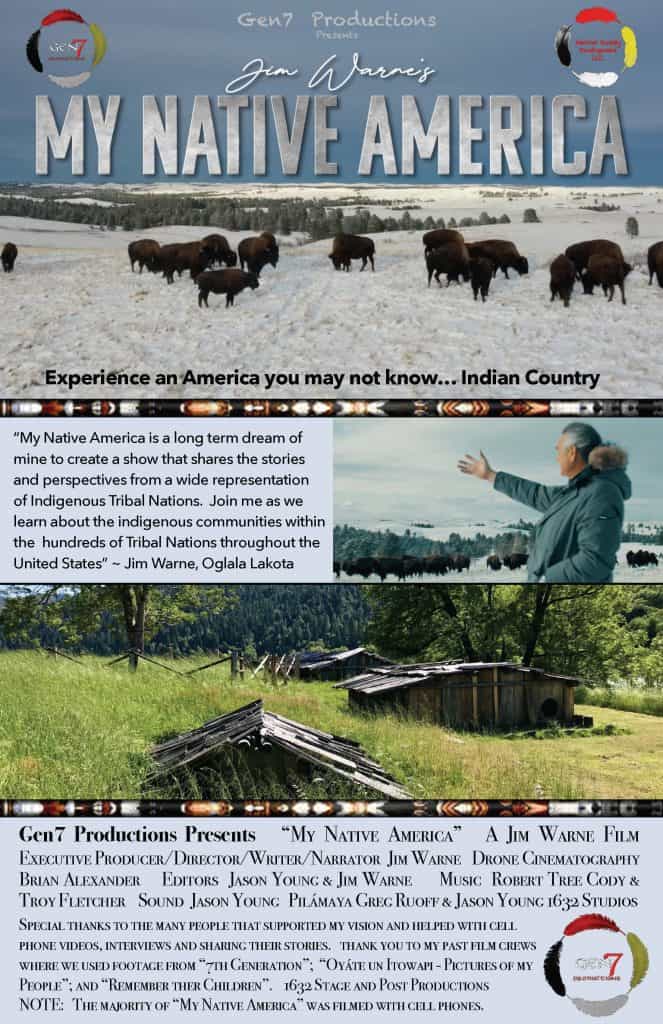
Jim has been a lifelong advocate, educator and storyteller addressing Indigenous Cultures, Public Health Disparities, Disability Challenges, and Protection of Tribal Sovereignty for Indian Country. As a university administrator he has created several indigenous programs at various medical schools and universities throughout the nation. He has devoted most of his professional life in the university systems indigenizing curriculum through academic program and organizational development.
Jim is a member of the NFL Alumni, a member of Arizona State University’s Rose Bowl Championship team as an All-Pac 10 tackle, a collegiate All-American Powerlifting National Champion, and a member of several Athletic and Academic Hall of Fame’s. Jim used his scholarship to earn his degree at ASU and later a master’s degree at San Diego State.

As a meteorite catastrophically changes the planet outside, two lovers find each other in a small bar in Northern Ontario, Canada. Across their bodies and spirits, the star-crossed couple transcends the traumas of one world and finds a path to a new one. STELLAR observes human notions of connections between oneself, other people, and Mother Earth herself. The film stars Braeden Clarke and Elle-Máijá Tailfeathers as an indigenous man and woman who meet and initiate a romantic relationship, setting off a cosmic chain of events that may save the world from destruction.